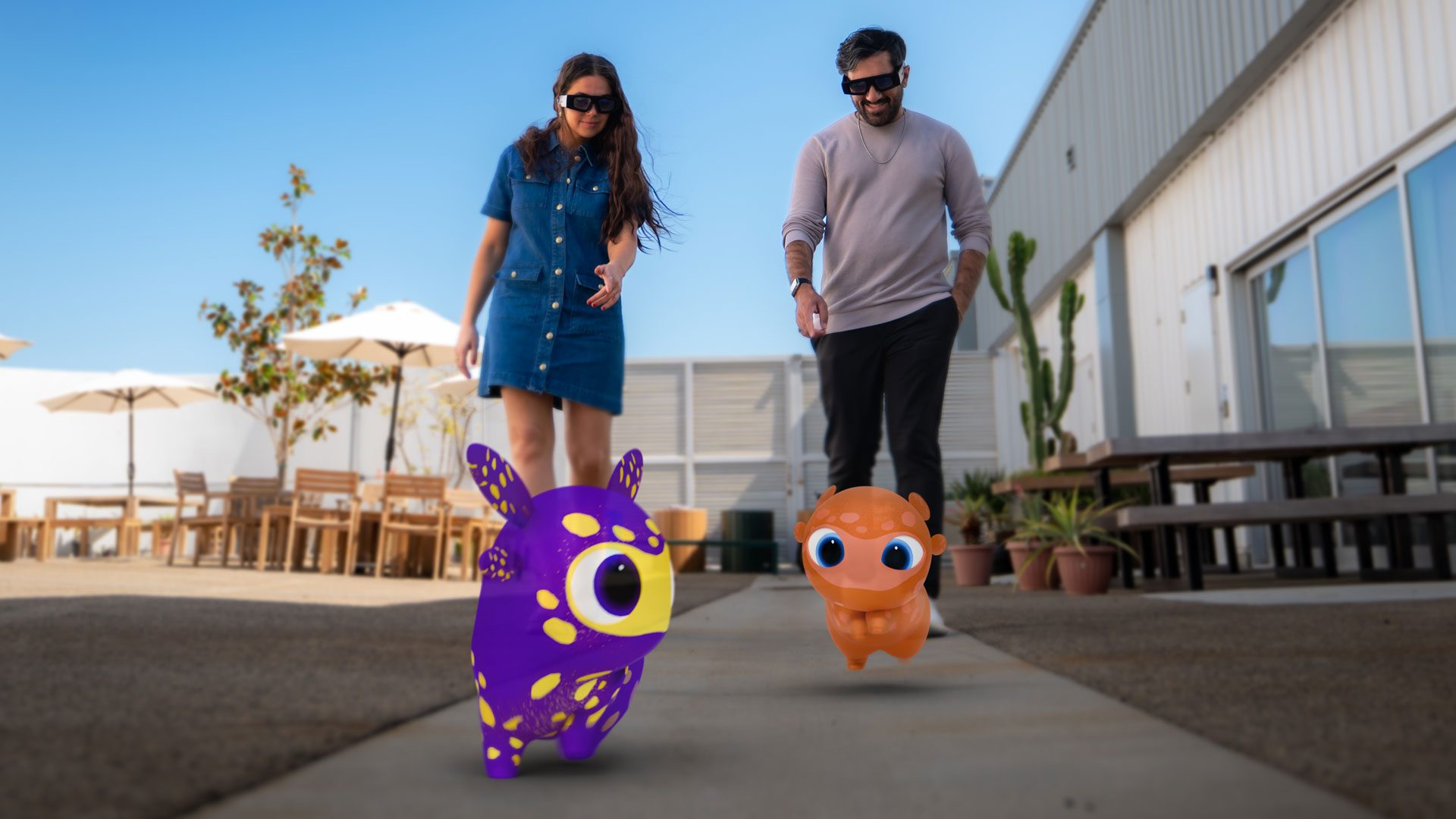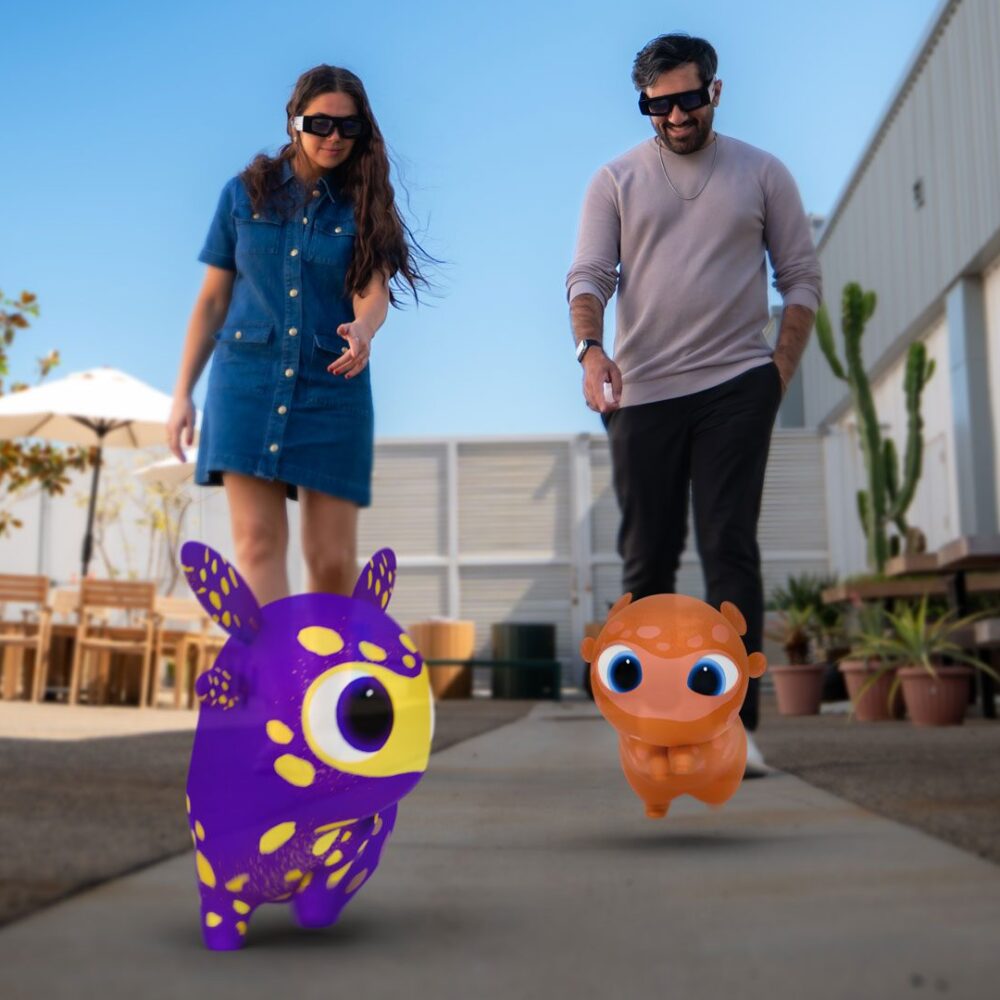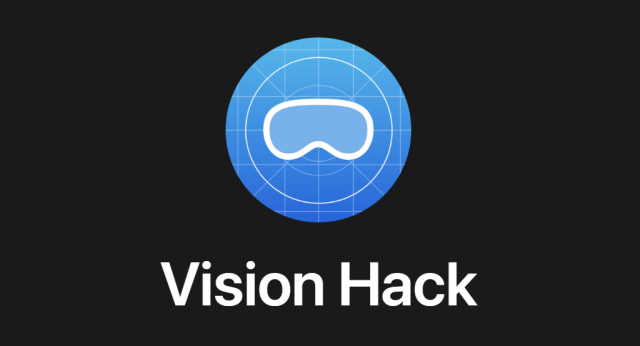
Snap, the company behind Snapchat, introduced its fifth-gen Spectacles AR glasses six months ago, and now the company is releasing a number of new features that aim to improve geo-located AR experiences.
Released in September 2024, Spectacles are still very much a developer kit—the AR glasses only have 45 minutes of standalone battery power—although Snap is one of the few companies out there actively engaging developers to build the sort of mainstay content you might find on the all-day consumer AR glasses of the near future.
While we’re not there yet, Snap announced that developers can start building Lenses (apps) integrating data from GPS, GNSS, compass heading, and custom locations, essentially giving devs access to geo-location data for better outdoor AR experiences.
Snap has highlighted a few sample Lenses to show off the integration, including Utopia Labs’ NavigatAR, which guide users with Snap Map Tiles, and Path Pioneer, which lets users create AR walking courses.
Geo-location data also helped Niantic bring multiplayer to Peridot Beyond, its AR pet simulator exclusively for Spectacles. The recent update also connects Spectacles with the mobile version of Peridot, allowing progression within the AR glasses experience to carry over to mobile.
Similarly, Snap has also worked with Wabisabi to integrate its machine learning model SnapML into Doggo Quest, the gamified dog-walking AR app, letting you overlay digital effects on your pooch as it tracks metrics such as routes and step counts.
Today’s update comes with a few more platform features too, including the ability to easily add leaderboards to Lenses, an AR keyboard for hand-tracked text input, and improved ability to open Lens links from messaging threads.
The update also features three new hand-tracking capabilities—phone detector to identify when a user has a phone in their hands, grab gesture, and refinements to targeting intent to reduce false positives while typing.
Additionally, Snap is kicking off a ‘Spectacles Community Challenges’ on April 1st that lets teams win cash prizes for submitting new or updating existing Lenses, which are judged on engagement, technical excellence, and Lens quality. The company says that each month it’s going to give out over $20,000 to the top five new Lenses, the top five updated Lenses, and top open source Lens.
This follows Snap’s recent bid to bring Spectacles to more than just developers. In January, Snap announced it was making the the fifth-gen device more affordable to students and teachers, bringing the price down to $594 for 12 months of subscription-free access, then $49.50 per month afterward for continued use of the headset.
While Snap’s Spectacles remain a developer-focused device, these updates signal the company’s long-term ambition for mainstream AR adoption, where it will notably be competing with companies like Meta, Apple and Google. Better geo-located experiences are undoubtedly a vital piece of the puzzle to making AR glasses a daily necessity rather than a niche tool.


